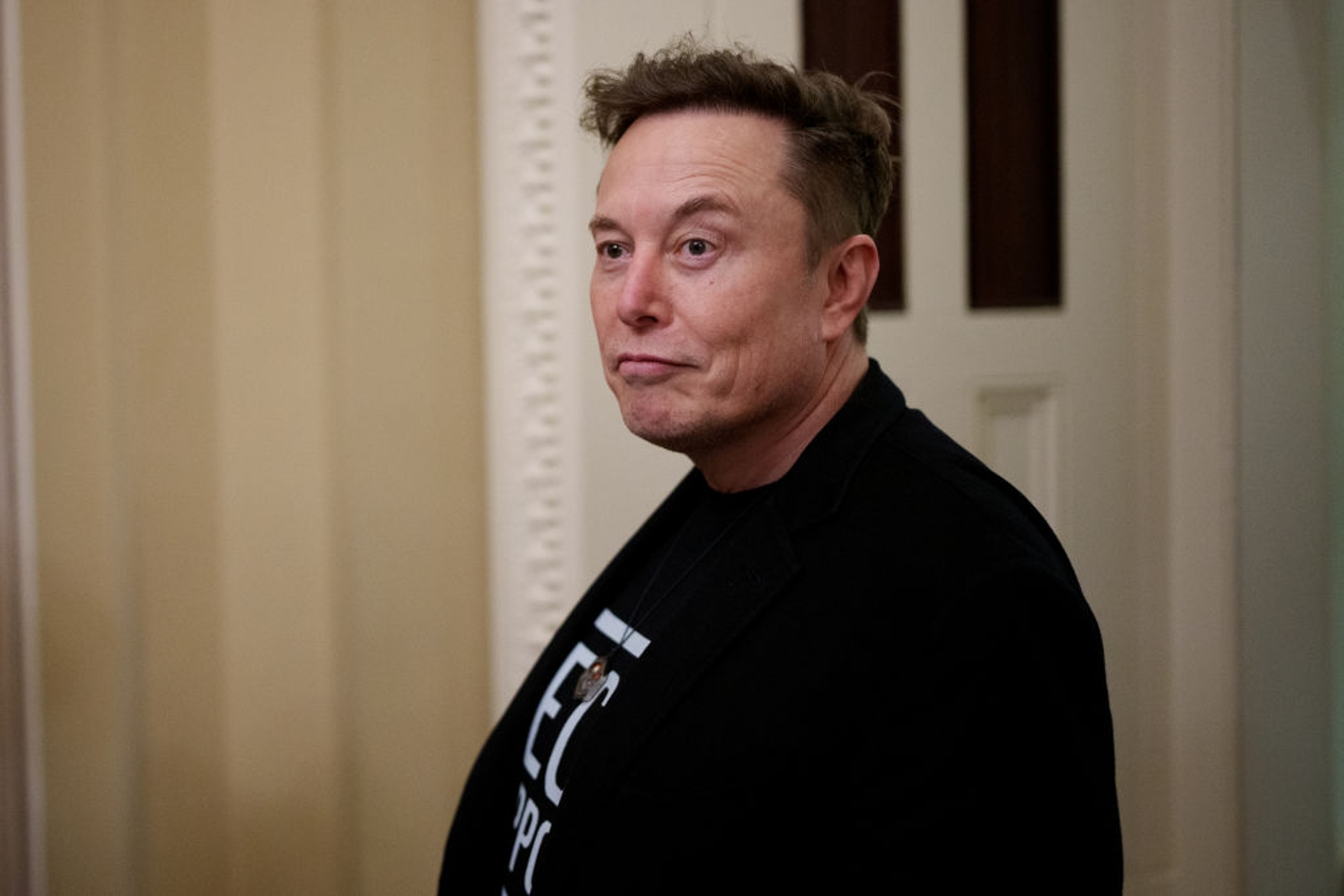Shocking Response Federal Workers Received After Replying to Elon Musk’s Email for ‘Five Things They Did This Week’
Shocking Response Federal Workers Received After Replying to Elon Musk's Email for 'Five Things They Did This Week'
Elon Musk, the billionaire entrepreneur behind companies like Tesla and SpaceX, is known for his unorthodox management style, often shaking up traditional corporate norms. However, one of his recent initiatives took a surprising turn, especially when it involved federal workers. The tech mogul sent out an email to employees asking them to reply with a list of “five things they did this week.” What seemed like a simple request for accountability and productivity updates quickly sparked a series of shocking responses from federal workers.

The email, which came as part of Musk’s push to maintain productivity and streamline operations, was intended to gather insight into what employees were working on and how their time was being spent. Musk has long advocated for efficiency and output in the workplace, emphasizing that work should be meaningful and impactful. His email, sent through his Tesla and SpaceX network, encouraged federal workers to provide a brief summary of their week’s accomplishments, focusing on tangible results.
What followed was far from the expected outcome.
Some federal employees, who are accustomed to more rigid and traditional government structures, were stunned by the direct nature of Musk’s request. Many have reported feeling uncomfortable or even bewildered by the email. For workers in the public sector, such communications are typically filtered through layers of bureaucracy, and the sudden demand for immediate transparency felt like an intrusion into their established routines.
SCOOP: Elon’s five bullet points program for DOGE has been a bust because they didn’t set up an email system that could handle the incoming. Four government employees from different agencies told us they got bounce backs when they sent their points in. pic.twitter.com/TcYUSRv47Z
— The Bulwark (@BulwarkOnline) March 26, 2025
One key aspect that surprised employees was the informality of the request. Federal workers are used to formal, structured communications, particularly when it comes to their roles and responsibilities. Musk’s direct approach, with no prior warning or context, left many feeling unsure of how to respond. For some, the idea of sending a list of their tasks felt disjointed from their usual work environment, where projects often span long periods and are influenced by a range of factors outside of their direct control.
The responses from federal workers varied widely, but a common thread among them was the sense of unease. Many workers expressed frustration, feeling as though their expertise and work could not be adequately summarized in just five bullet points. A few noted that the request seemed to trivialize the complexity of government work, where results often take time to materialize due to the slow-moving nature of public sector projects and the need for collaboration across different agencies.
Others saw Musk’s email as a challenge to the status quo. They pointed out that this sort of demand for accountability might help to address long-standing issues of inefficiency within the federal system. Some federal workers even embraced the opportunity to showcase their accomplishments, using the request to highlight their dedication to projects that often go unnoticed by the public.
Yet, the most shocking aspect of the response came in the form of a growing backlash. A number of employees voiced concerns that the email was too reminiscent of a micromanagement tactic, undermining their autonomy and undermining their professional judgment. Several employees even discussed their decision not to respond at all, viewing the email as an invasion of privacy and an inappropriate demand from an outsider to the federal workforce.

While it’s clear that Musk’s request was meant to spur productivity and greater accountability, it left federal workers in a dilemma: should they comply with the seemingly simple but intrusive request, or push back against a billionaire’s attempt to change how government work is managed?
The email incident has sparked broader conversations about the intersection of private sector management techniques and the world of public service. Musk’s attempt to impose his own style on federal workers might have unintended consequences, from shaking up morale to challenging traditional workplace norms. Federal workers now find themselves at the center of a debate about what accountability and productivity should truly look like in a rapidly changing work environment.





